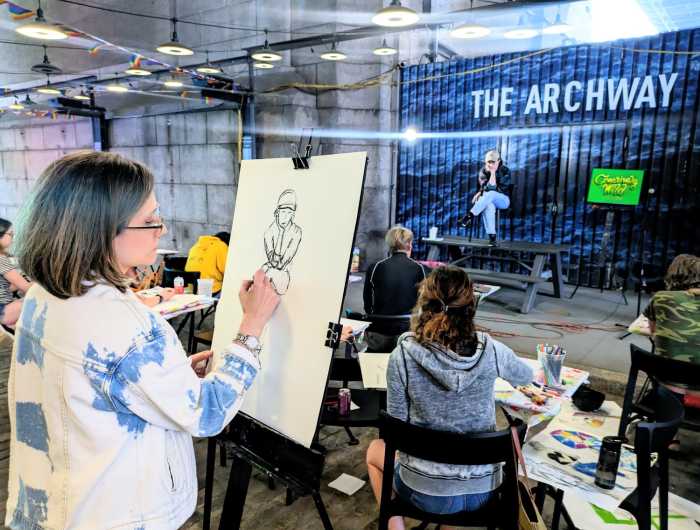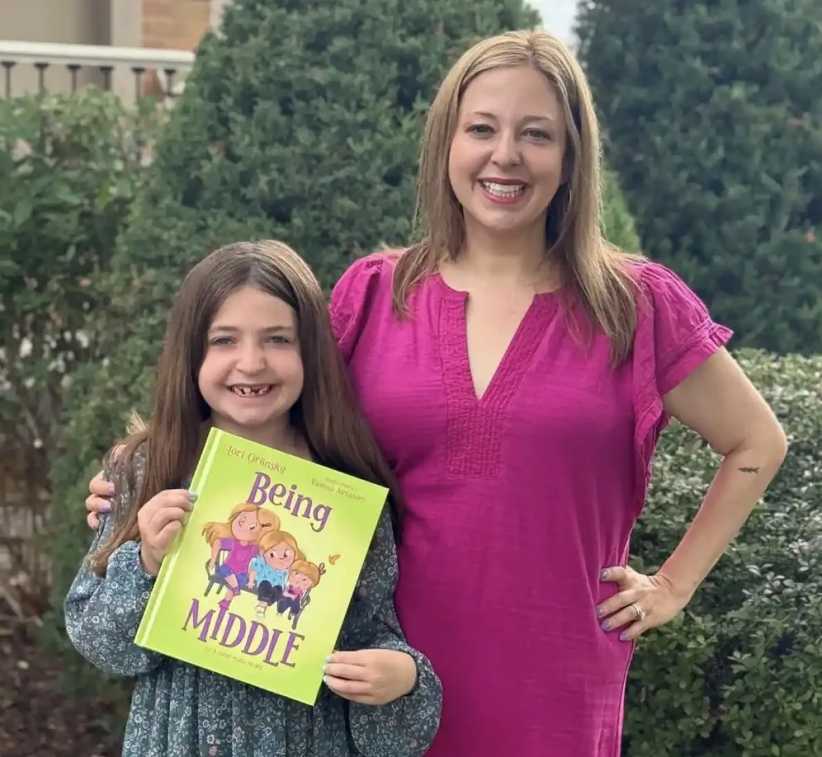What goes on in other people’s households is always a mystery, and I don’t think it’s possible to make assumptions about other people from where we sit. So I try not to judge, but understand that it is almost always challenging, no matter what one’s circumstances happen to be.
I choose often to break through the shroud of mystery with strangers (often to their dismay), and definitely in my house. It is what my husband says he loves about me, why he stands by me and is amazingly supportive (some say too much so).
I believe wholeheartedly in full disclosure in families. The more open we are with our children, the more open they feel they can be, with us and with the world. No one should be made to feel ashamed of their feelings.
The anxiety that results from holding things in takes all kinds of tolls on our children, none of them good.
When we do not communicate openly, when we put on appearances that all is perfect with us or think it possible for anyone, we create children who do the same. The American Academy of Child and Adolescent Psychiatry, in a note on “Anxious Children” offers, “Anxious children may be quiet, compliant and eager to please, so their difficulties may be missed.” That, I think, is the great danger of pretending.
A friend recently told me a story about her daughter, now in college, who said to her one day, “We’re a second-rate family, aren’t we?” She told me about the ensuing conversation, the definition they came up with for “first-rate families,” the kind, she said, that are “sporty and skinny, that have plenty of money, the kind whose kids go to the best colleges and that have grandparents who play tennis.”
This last part has me doubled over every time I think of it. Tennis is somehow a metaphor for success and happiness, I’m not sure why. At our wedding, the judge who knew us very little, from only a brief meeting where he grilled us on our sports proclivities, defined us as “people who like to play tennis together.”
I was in a parallel universe at the time, but this broke me out. I wanted to turn around and take over the ceremony and help better explain who we were, talkers and readers and arguers and puzzle-doers, not — at the time — at all sporty. But he wanted to draw a fast pretty picture by posing us as tennis players, a sure answer to a long, happy marriage.
We do want to paint such pictures. It makes life seem somehow easier. But I would argue that “first-rate families” are not so easily defined. If anything, I’d say they are ones like my friend’s, whose daughter feels comfortable enough to share with her mother her doubts and concerns over not being the best, to laugh and joke about the ways in which their family might not live up to the standards set by society to define success succinctly and narrowly.
It is only confidence in the way we do things, lack of shame in how we really feel and act despite the many judgments of others, that can gain us such “first-rate” status to the most important people, to ourselves. Feeling first-rate ourselves despite our warts, and allowing our kids to feel the same, is not easy, not by a long shot. Tennis whites alone, unfortunately, won’t do the trick.
























